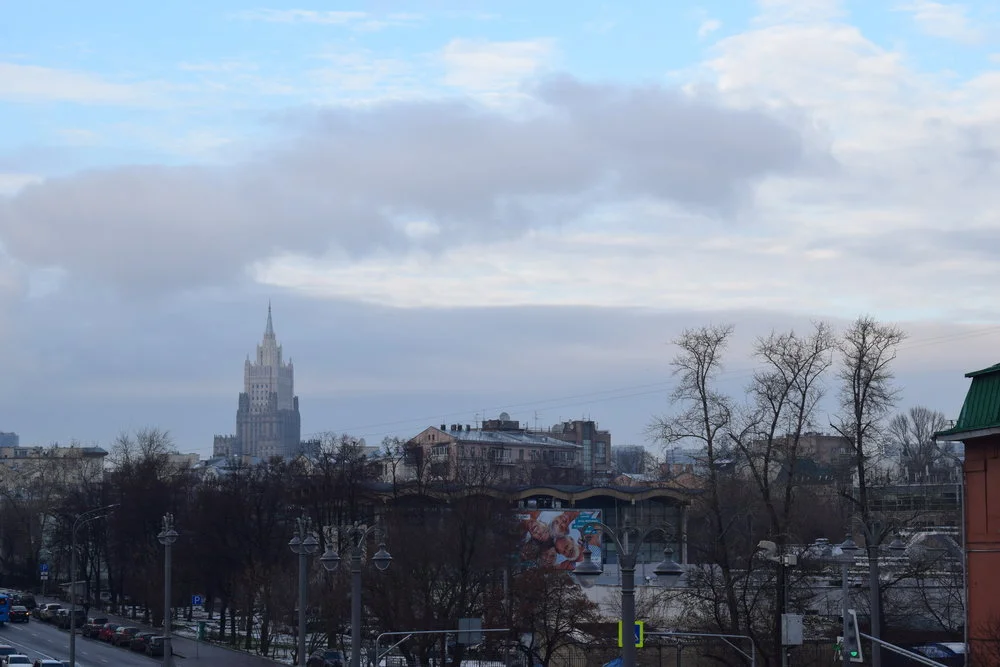Most recent Russia blog posts
By Destination
Click on the banners to view blog posts about the specified locations.
About
Russia is the world’s largest country by area and straddles the divide between Europe and Asia stretching all the way from its easternmost point, Kalningrad, bordering Poland and Lithuania to the westerly peninsula that stands across the Bering Strait from Alaska in the United States. Although most of its land mass is in Asia, Russia is considered to be a European nation as its capital Moscow and second city Saint Petersburg lie on the continent.
The country recovered from post-Soviet political and economic turmoil to reassert itself as a major world power, helped by income from its vast natural resources including oil and gas.
Formerly an imperial state presided over by Tsars, the implementation of a socialist ideology would hold a grip over the country for most of the 20th century following the revolution of 1917, which overthrew imperial rule and brought into power a proper government.
Useful Links
Map
Did you know?
Alaska used to be part of Russia until the territory was acquired by the United states in 1867 for $7.2 million in a deal known as the Alaska purchase.
Russia’s Lake Baikal, the world’s deepest lake, contains over 20% of the world’s unfrozen fresh water supply.
The world’s first satellite, named Sputnik, was launched by the Soviet Union in 1957.
Russia is home to Europe’s longest river, the Volga, which is over 3,600 kilometres long!
Russia is home to the world’s coldest inhabited place – Oymyakon – where, in February 1933 – a record temperature of -67.7 °C was recorded!


















In 2019, UNESCO released the names of several places to be granted World Heritage Status, yet some still haven’t made the cut. Here are six travel destination that should be UNESCO World Heritage Sites.